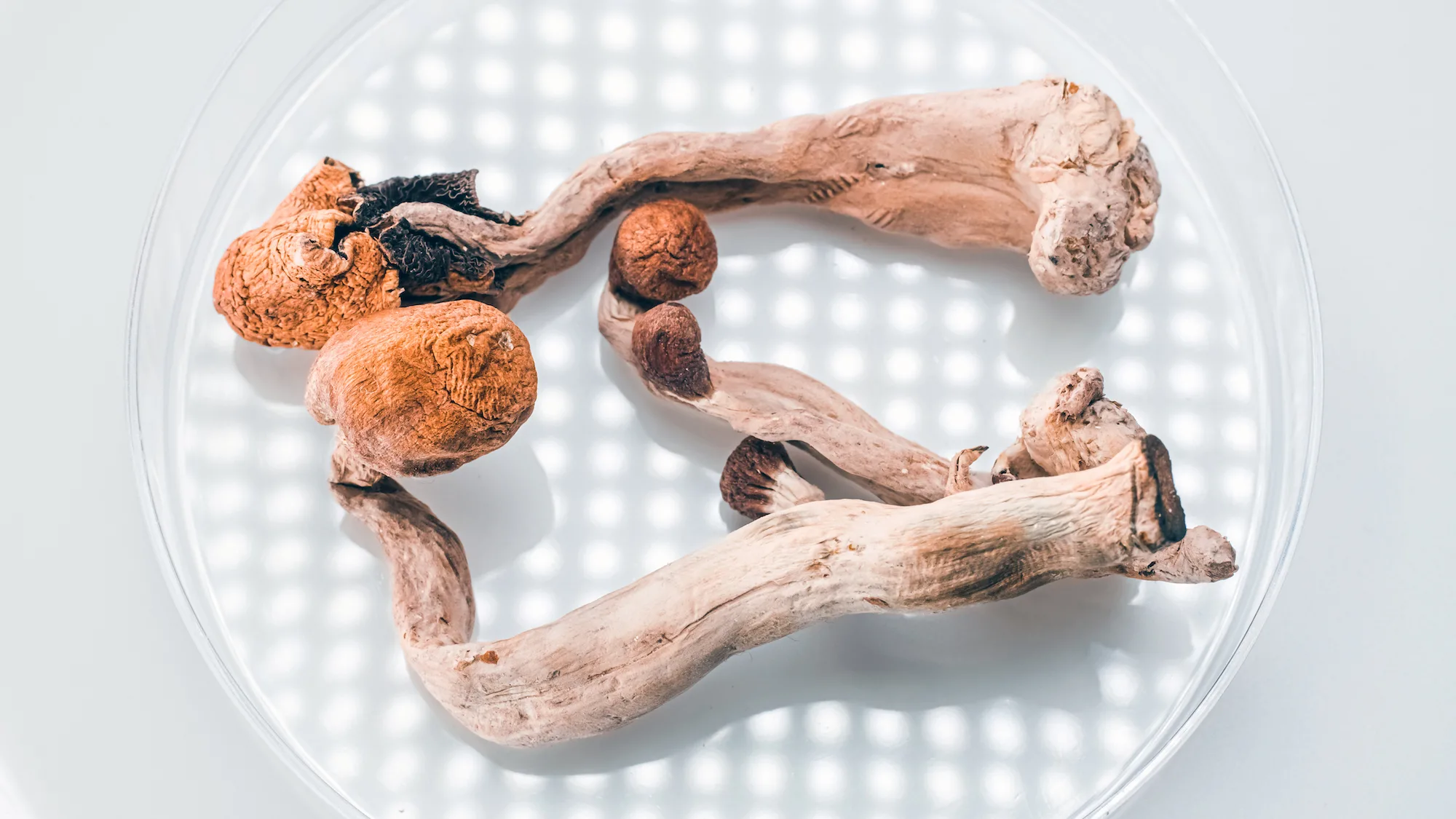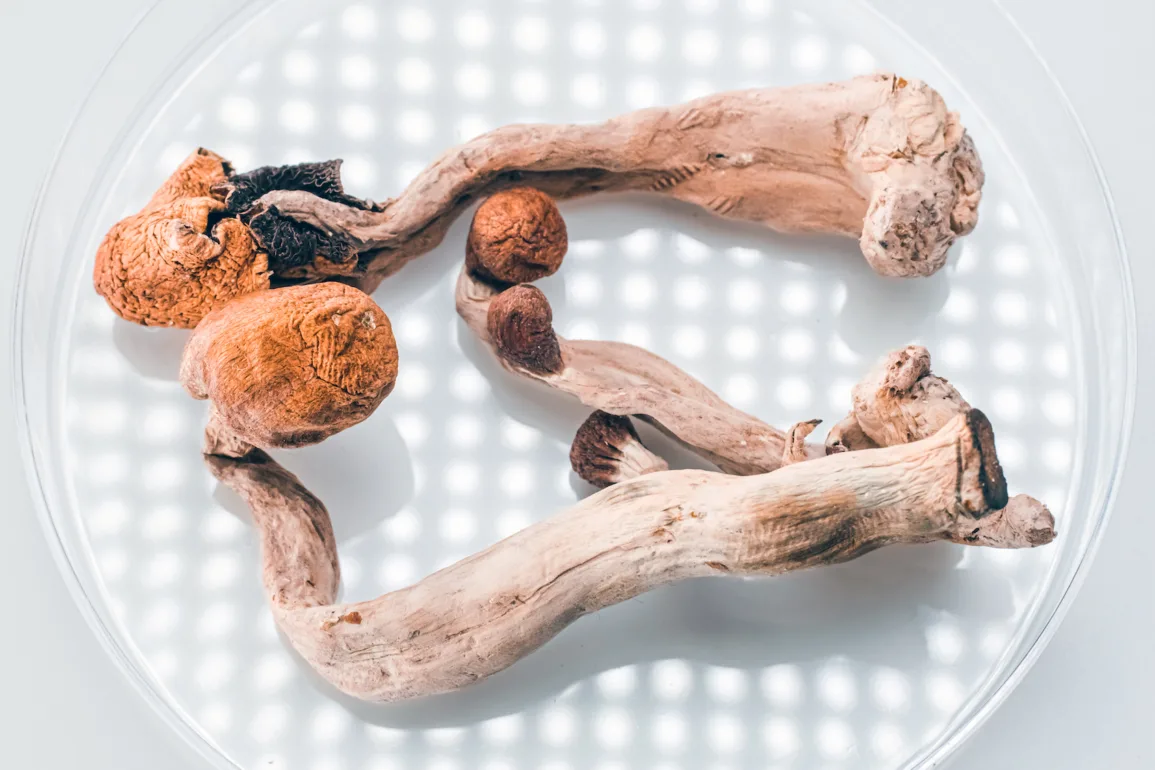
(Photograph by iStock)
In 2011, at the age of 54, I was diagnosed with stage II breast cancer. It was traumatic at first. For a few months, radiation and intravenous chemotherapy took over my life. When my scans showed no more evidence of disease, I was only too willing to put the experience behind me. Sadly, things took a turn for the worse in 2018, when a routine mammogram revealed that the cancer had returned. Even after a mastectomy, in 2021, I found out the disease had spread into my right lung, left ribs and sternum. This time, my case was terminal. I was given a 28 per cent chance of surviving five years.
Up until then, I’d lived a mostly fortunate (and sometimes exciting) life. In addition to a 30-year career as a translator for the provincial government in my hometown of Winnipeg, I worked on archaeology projects in northern Manitoba, travelled across Canada with the youth program Katimavik, spent a summer in Nicaragua during the Sandinista revolution and lived in Nairobi for six months while helping to organize the first national women’s conference for the All Africa Conference of Churches. I loved cross-country skiing, cycling and paddling, and was an amateur photographer and avid knitter. I had a wide circle of friends and nieces and nephews I adored. The emotions I experienced in the wake of my diagnosis were like none I’d ever felt. I’d dealt with mild depression for most of my adult life, but this was different. Every time I saw a friend, I wondered if it was our final goodbye. I feared every experience I had would be my last. My mind was like a gerbil on a wheel, repeating the same phrase over and over again: I’m dying. I’m dying. I’m dying.
Read: I opened Canada’s first dementia village. Here’s how it works.
One night, while searching for a distraction, I stumbled upon a Netflix documentary called Fantastic Fungi that caused me to sit bolt upright. It explained that mushrooms containing psilocybin, a psychoactive ingredient, have been shown in clinical trials to reduce end-of-life distress in cancer patients. I’d always avoided psychedelic drugs in the past for fear of losing control. After my diagnosis, however, I was desperate to get out of my head. I started scouring the internet for information about psilocybin: how to ingest it (in capsule or mushroom form); how long its mind-altering effects last (usually six hours); and how safe it is (very, provided users start with a good mindset and are in a safe environment). The U.S. Food and Drug Administration considers psilocybin a breakthrough therapy for severe depression, and it also shows promise as a treatment for a host of other conditions, including anxiety, cluster headaches, PTSD and addiction. In some cases, a single dose can boost a user’s sense of wellbeing for months, or even years, afterwards.
I also learned that it was relatively easy to find and buy unregulated mushrooms from underground dealers—at online stores, and even at brick-and-mortar stores in some Canadian cities. Still, I was concerned enough about safety that I did not want to “journey” unaccompanied. During my online research, I came across TheraPsil, a Canadian non-profit organization that could connect me to a trained professional for psilocybin-assisted therapy—but only if I obtained approval to access and use the drug from Health Canada. Late in 2021, I applied for a section 56 exemption, a special provision that allows the minister of health to grant exemptions to the application of Canada’s Controlled Drugs and Substances Act. A handful of Canadians had accessed psilocybin that way since 2020; I was confident that I was a good candidate, too.
Much to my dismay, I received a notice of rejection in February of 2022. According to Health Canada, I had not exhausted its preferred options: clinical trials (none were available to Manitoba-based patients) and the Special Access Program, or SAP. The SAP entitles licensed health care professionals to treat patients with controlled drugs and substances within their province of practice on a case-by-case basis. Psilocybin had only been added to the SAP’s list of eligible substances the week before Health Canada received my application, and none of my three doctors knew enough about psilocybin to feel comfortable supporting my application.
I was so upset about the rejection that I reached out to the media to share my experience. The coverage caught the attention of Health Canada’s chief medical adviser, who contacted me soon after. She tried to explain that their caution was in the interest of my safety. Incredulous, I said, “I’m dying. What do you think you’re saving me from?” She told me to send Health Canada a letter from one of my doctors, confirming that I’d exhausted the SAP option, which I did in April of 2022. I re-applied for a section 56 exemption and was told to expect a response within 70 days.
Related: Canadians shouldn’t be excluded from requesting MAID just because they have a mental disorder
Meanwhile, a local therapist had seen my story on the news and offered me two psilocybin-assisted therapy sessions at a cost of $2,500. We started orientation, but I told her I wanted to give Health Canada a chance to respond before I moved onto the next phase. Not long after that, three people in my circle passed away—in the space of two weeks—which re-triggered my anxiety about death. I contacted the therapist and told her I was ready.
That June, I found myself in her kitchen, watching her weigh, grind and brew 2.8 grams of mushrooms to make a tea. This was a so-called “middle dose,” intended to see how the mushroom and I took to each other. The therapist and I climbed the stairs to a second-storey room furnished with a bed, a chair and a sound system playing calming tones and nature sounds. I donned an eye mask, laid down on the bed and started my journey. I briefly experienced feelings of nausea and dread, but ultimately, the experience was sublime, and left me feeling a profound sense of connection to family members, living and dead. Later that summer, I took a five-gram dose, which proved a little more challenging. I underwent an ego-dissolution process, which felt like a kind of death. Once again, the bliss I felt afterwards made the darkness more than worthwhile. I couldn’t feel my body at all. I was euphoric. I kept saying, “I want to live here.”
I was only in that altered state for six hours each time, but the impact of those sessions has been life-changing. They helped me to understand the childhood traumas that made me who I am—and to finally move past them. I like and accept myself more than I used to, and I’m able to laugh at my foibles and failings like never before. Most importantly, psilocybin erased my fear of death. I am convinced that when I die, I will return to a state of consciousness not unlike the one I experienced during my second trip. When my time comes, I will embrace it, but for now, I’m living more fully than ever.
Last November, I traveled to Ottawa with TheraPsil to lobby politicians to provide safe access to psilocybin-assisted psychotherapy and medical psilocybin through a regulatory framework. I returned in February of this year to help TheraPsil publicize a recommendation made by the Joint Committee on Medical Assistance in Dying to consider psilocybin as a part of palliative care, along with MAID. And three months later, in May, Health Canada informed me of its intent to reject my second section 56 exemption request—a full year after I’d applied. (Having gone on the record about my illegal psilocybin use, I wasn’t actually expecting a response at all.) I’ve also joined seven other plaintiffs in challenging Canada’s prohibition of psilocybin on Charter grounds.
I’m still confused as to why the government would sooner expedite a life-ending treatment like MAID rather than a stress-reducing treatment that could improve palliative patients’ quality of life. Is it the threat of political backlash? Pressure from the pharmaceutical industry? I can only speculate. I had no qualms about breaking the law in an effort to preserve my mental health—and perhaps even my life—but I understand that many people might not want to. I may not live long enough to see the decriminalization of this marvellous medicine, but, to me, fighting for legal access is a worthwhile way to spend part of the time I have left.


